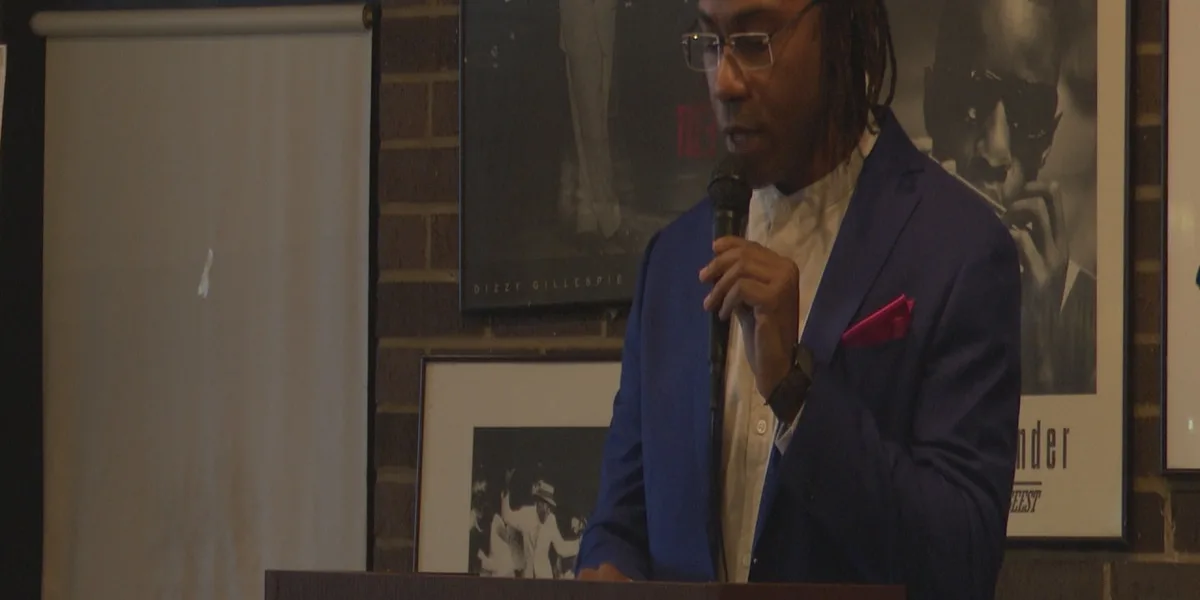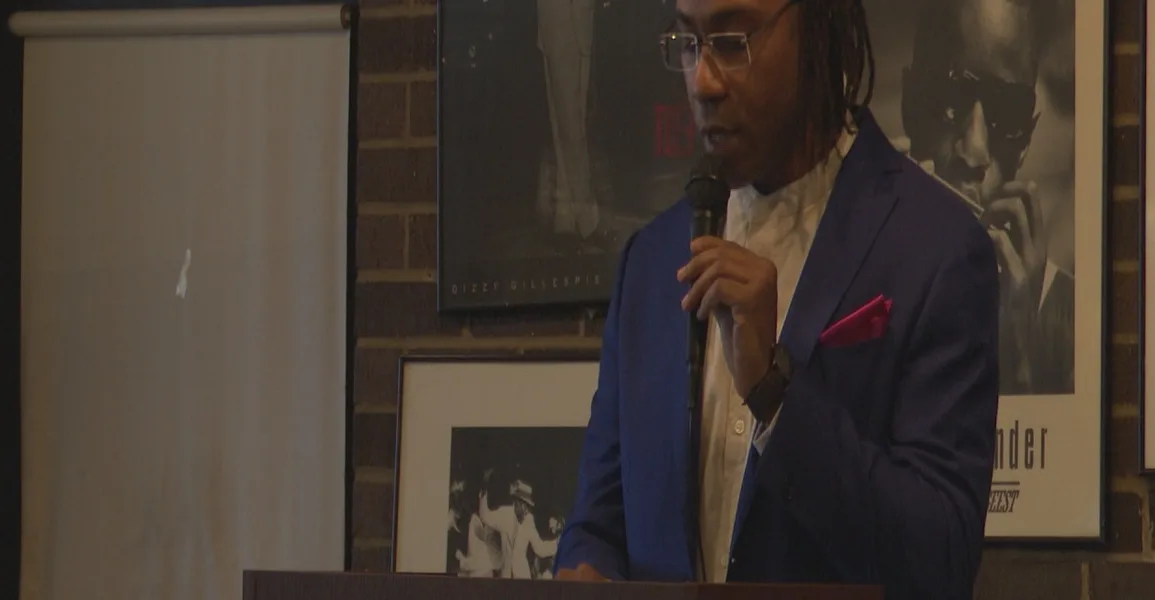
LANSING, Mich. (WILX) – If someone were to open the Bible to Isaiah 58:12, they’d read the following line: “You shall raise up the foundations of many generations, and you shall be called a repairer of the breach.”
Repairing the breach; a seemingly insignificant phrase considering the hefty volume of the Bible, but one that Justice League of Greater Lansing President Prince Solace said has formed an important mission for the organization.
“When we look at Jim Crowe, when we look at mass incarceration, when we look at how redlining worked in Lansing and East Lansing,” Solace said. “What we’re trying to do is re-engineer how this country has worked.”
New efforts by the League and the City of Lansing are working to build a more equitable future for Lansing. The Justice League of Greater Lansing formed in 2021 to address the lasting impact of slavery and facilitate reparations between communities of faith, and African Americans across Greater Lansing; reparations, meaning to make amends by offering donations for the betterment of the Black community.
Gathered at Gregory’s Soul Food Friday, the League celebrated two years of fundraising milestones, including more than $300,000 in reparations donated by All Saints Episcopal Church and Edgewood United Church in East Lansing. Of that payment, the League’s African American Advisory Council has allocated $50,000 for educational scholarships.
“It shows that there’s real efforts that are going on, that they know the issue that the wealth gap and disparity is critical,” said council member Tony Willis.
While the League is working to rebuild Lansing’s Black community spiritually, through connecting communities of faith, and financially through reparations, Lansing Mayor Andy Schor — who was also in attendance at Friday’s celebration — is hoping to rebuild in a more literal way.
“There are communities all over the country where highways were built right through Black neighborhoods,” Schor said.
The City of Lansing is currently in the application process for grant funding that would address the displacement caused by the construction of I-496, a major city highway. The I-496 build started in 1963, and by the time it was completed in 1970, it had forced hundreds of Black residents, and other residents of color, out of their homes.
If the city is selected for the grant, Schor said it could mean hundreds of millions of dollars for a potential rebuild, by funding an infrastructure method called “capping.”
“The highway would still be there, but if you put something overtop, you can put all kinds of things there,” Schor said. “You can put neighborhoods there, you can put parks there, you can put things that recognize this was an area that was displaced.”
For Carlton Evans, who’s spent 50 years of his life living in Lansing, addressing issues like displacement is a necessary step in repairing the inequalities he said the Black community still experiences today. But it can only be achieved through a combined action by leaders in the community, and in local, state and federal governments.
“If you have a leader who understands the problem and wants to do something about it, then that makes the battle that much easier,” he said.
Schor said the federal grant funds would be awarded in two rounds. The first round would be used to plan and research a potential build, and the second round would be used for the build itself. As for the Justice League of Greater Lansing, their goals for 2024 include funding startups for small, black-owned businesses.
Subscribe to our News 10 newsletter and YouTube page to receive the latest local news and weather.
Copyright 2023 WILX. All rights reserved.


